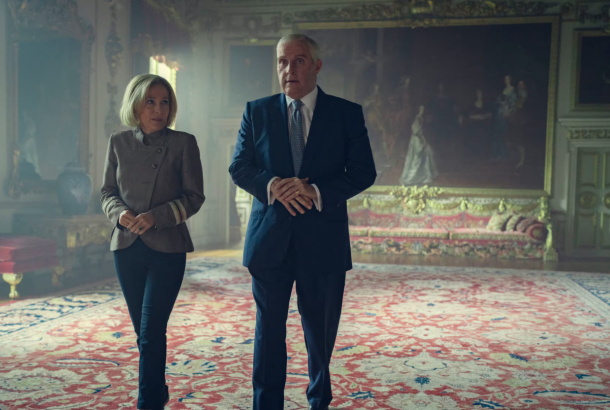Review: Mr. Nice
By Mancunion
2 Stars
Few crime biopics can claim to reach the thrilling heights attained by Martin Scorsese’s 1990 tour de force Goodfellas, and Mr Nice, for all its technical accomplishment and subversive swagger, is yet another entry in a long list of films that fall depressingly short of the ‘wise guy’ mark.
Directed by Bernard Rose and starring Rhys Ifans, Mr Nice charts the life of Britain’s most notorious drug smuggler, Dennis Howard Marks. At the peak of his criminal career, Marks was estimated to control over 10% of the world’s marijuana trade, and there would certainly appear to be the seeds of an extravagant ‘rags to drug-bought riches’ tale in his improbable true story. Born in small-town Wales in 1945, Marks defied his working-class odds and gained admission to Oxford University, whereupon he was introduced to the murky world of drug dealing by some of his more ‘enlightened’ peers. In principle, therefore, Mr Nice seems to contain all the narrative ingredients of classic cinema; think An Education meets Scarface, with the added bonus of a Welsh accent. Fatally absent from the finished product, however, is any sort of charm, depth, or cause for emotional investment.
Taking its inspiration from Marks’ 1996 autobiography of the same name, Mr Nice is unsurprisingly reverential and seems reluctant to ask any real questions of its protagonist. Most crucially, by presenting Marks as ‘Mr Nice’, the film fails to explore the moral dilemma inherent to his profession. Instead, Rose’s script opts for a rather shallow pro-legalisation, pro-Marks stance which ultimately suggests, to quote one glib piece of dialogue, that ‘it’s the law that’s wrong’. The result of this is an emotional detachment that means we do not care when Marks is finally sent to prison, nor do we care when he is reunited with his family. In essence, Marks’ flaws are the films flaws, for he is not nearly an appealing enough character to pull off his proposed mythic status as a weed-smoking bastion of liberty. Like the man himself, Mr Nice is a charmless and long-winded exercise in bloated self-importance.
Despite all this, there are some positives to be taken from the film; most notably, Ifans’s wholehearted and, by all accounts, accurate portrayal of the lead role. One memorable scene, shot in evocative black and white, sees the forty-three year old actor inhabiting the part of a teenage Howard Marks, and he does so with his trademark mix of sensitivity and aplomb. Indeed, as demonstrated by his infinitely superior depiction of Peter Cooke in the television drama Not Only but Always, Ifans is surely one of the most multifaceted British actors of recent years, which makes it even more disappointing that his talents should be wasted on a movie as sickeningly one-dimensional as Mr Nice.
Verdict: All style and no substance make Mr Nice a dull film.
Josh Gulam







